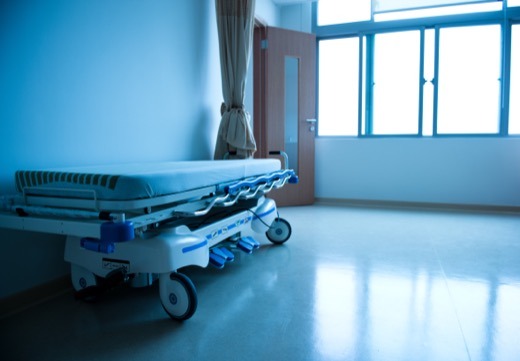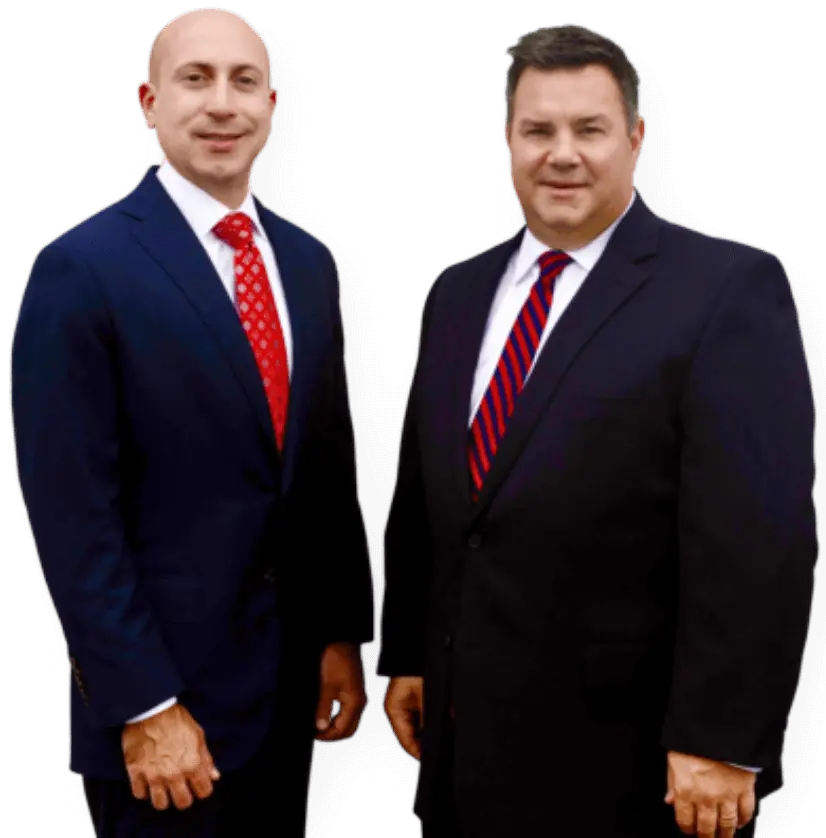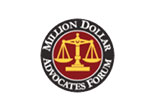There are many medical malpractice lawsuits are because of misdiagnosis or delayed diagnosis of a medical issue. When a patient is incorrectly diagnosed, or receives incorrect, delayed, or no treatment at all, the condition can become severely worse. In some cases, misdiagnoses or delayed diagnosis can lead to death. A mistake in diagnosis, however, is not enough to prove medical malpractice has occurred. Doctors are not held legally responsible for all diagnostic errors. To prove medical malpractice has occurred, a patient will be required to prove three things: Proof of doctor-patient relationship, negligence (failure to act in a reasonable and competent manner) of the doctor, or evidence that the doctor’s negligence resulted in injury or harm. Most cases rely on the last two items.
Was the Doctor Negligent?
Misdiagnosis or delayed diagnosis is not enough to prove negligence. Experienced medical professionals can and do make diagnostic errors. The important issue is if the doctor acted in a competent and reasonable manner. This involves the looking at the “differential diagnosis” process the doctor used to determine the treatment.
Differential diagnosis is a method doctors use to determine the disease or condition from which a patient is suffering. Using a preliminary exam of the patient, the doctor creates a list of potential diagnoses in order of likelihood. By following a process of further examinations, the doctor will narrow down the potential diagnosis. These steps include:
- Questions regarding medical history and current symptoms
- Blood tests, x-rays, urine tests, etc.
- Referral to specialists
These will be used to narrow the list to a single diagnosis, if possible. Sometimes there are multiple diagnosis that would apply to specific sets of symptoms. These tests may uncover other information that will require the doctor to add potential diagnosis to the differential diagnostic list.
Medical malpractice cases that use diagnostic error as evidence require the patient to prove that a different doctor, in a relative situation and specialization, would not have made the same misdiagnosis. A patient must prove two things in order to achieve this:
- The correct diagnosis was not on the doctor’s diagnostic differential list, but would have been on another doctors list.
- The diagnosis was included on the diagnostic differential list, but was not treated, tested, or the doctor failed to receive the opinion of a specialist to validate the diagnosis.
Errors in Diagnostic Tests
Some conditions are misdiagnosed due the reliance on inaccurate test results. This can occur in two ways:
- Faulty diagnostic equipment: improperly maintained or damaged equipment could produce false readings
- Human error: contaminated or mislabeled samples, failure to use proper procedure, incorrectly read results, oversight of evidence on x-rays, etc.
Though, the doctor may not be liable for medical malpractice, if an error occurs, another medical professional may also be at fault. The patient will need to also prove negligence on part of the third-party medical professional.
Did the Misdiagnosis Harm the Patient?
The patient must prove the injury or condition that was misdiagnosed would not have become worse, had it been diagnosed properly or earlier. They must also prove the progression and impact of the injury was negative. For example, a delayed cancer diagnosis can lead to a patient having to require more intensive chemotherapy or result in their death. In some instances, delaying cancer treatment can result in risk of recurrence.
Few instances result in a doctor diagnosing a patient with the wrong medical condition. In these instances, a patient can prove harm in the form of anxiety, stress, additional medical problems, or additional medical expenses for unnecessary treatments. The following is a list of reasons for improper medical treatment:
- Wrong diagnosis: This occurs when a doctor has selected the wrong condition or illness to treat. This is called misdiagnosis.
- Missed diagnosis: This refers to the doctor determining the patient to be healthy, when the patient has a medical condition.
- Delayed diagnosis: This is when a correct diagnosis is finally made, after a significant wait. Delayed diagnosis is a frequent type of diagnosis error.
- Failure to recognize complications: This is when a doctor makes the correct diagnosis, but does not address complications that may be exacerbating the condition.
- Failure to diagnose a related disease: This is when a one disease is properly diagnosed, but the doctor does not diagnose a related disease. Related disease are conditions that usually come along with the primary condition. Other related disease are conditions that a patient is at a higher risk of suffering from due to the primary condition.
- Failure to diagnose an unrelated disease: This is when a diagnosis is correct, but the doctor fails to diagnose an unrelated illness from which a patient is suffering.
Misdiagnosis in the Emergency Room
Misdiagnosis is higher in emergency situations. The pressure to treat a patient quickly allows less time for investigation of the ailment. The combination of limited time and high pressure can increase the chances of a missed or incorrect diagnosis. Less common conditions may be missed in emergency room procedures. Medical issues that are not common in a demographic may be missed also. For example, a teenage female will be less likely to be diagnosed with a heart attack than a middle-aged man. Appendicitis is misdiagnosed in 28% to 57% children under the age of 12 between. The percentage is closer to 100 in cases of infants. Other more frequently misdiagnosed conditions include heart attacks, strokes, meningitis, and pulmonary embolism.
Getting Help
Medical malpractice cases can be very complicated and complex. Strict regulations and rules vary in each state. Medical malpractice can leave a patient with a reduced quality of life, the inability to work, and other factors that make life much more difficult. Without the proper evidence and knowledge of the law it may be very difficult for an individual to win a medical malpractice case. If you’ve suffered from medical malpractice, you may be entitled to compensation for physical injuries and expenses. Therefore, retaining a skilled and qualified Missouri medical malpractice lawyer is the best option to ensure you win your case. Let us help you today.












